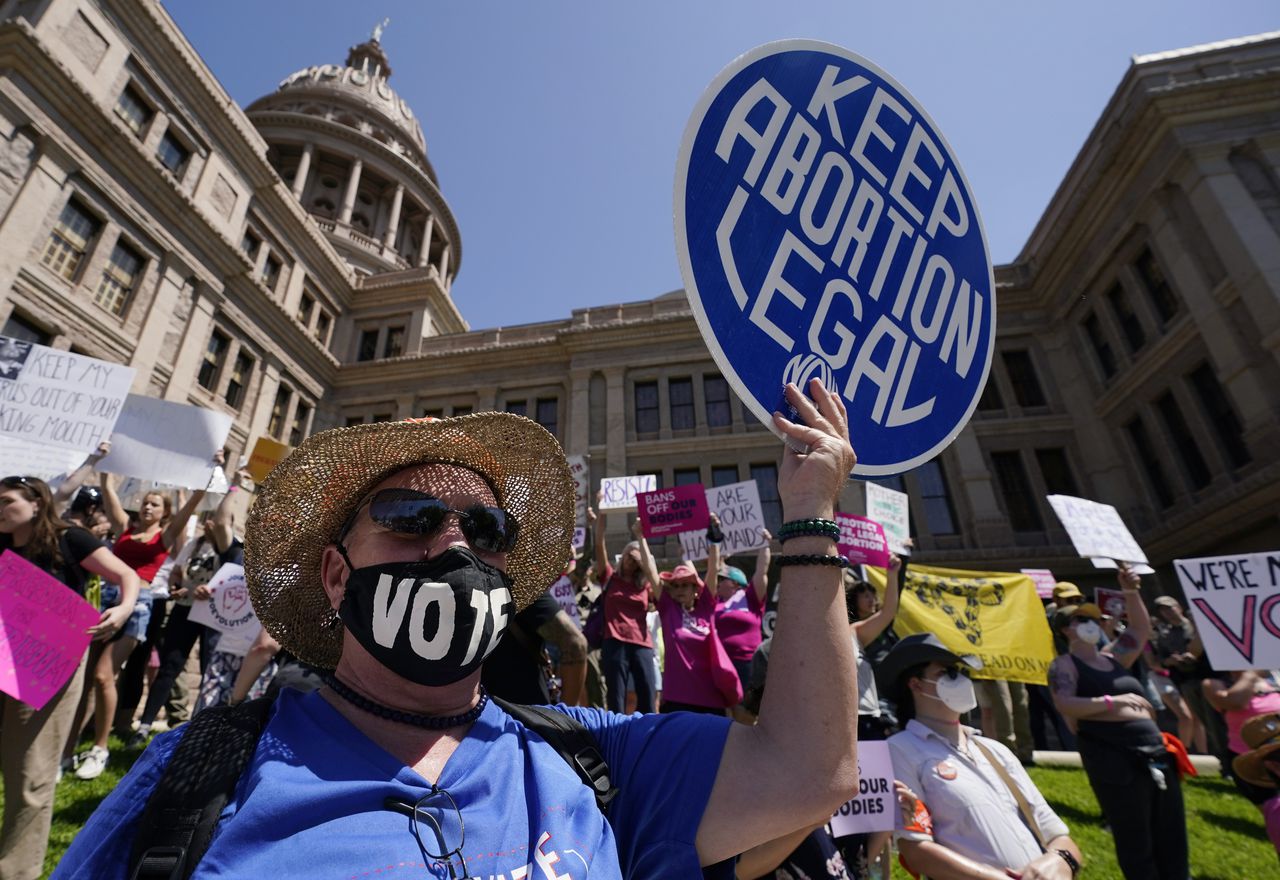Texas counties weigh âabortion travel bansâ penalizing people transporting abortion seekers
Lubbock County, Texas Commissioners passed an ordinance on Monday banning transporting another person on their roads for the purpose of getting an abortion.
The decision passed 3-0 and makes Lubbock the largest of three other Texas counties where Republicans have led localized efforts to restrict abortion access and maintain their status as so-called “sanctuary cities for the unborn.”
Private citizens can file lawsuits against people assisting pregnant Texans along some Lubbock County highways under the new ordinance; however, the measure does not prohibit pregnant people from seeking an abortion.
Lubbock contains rural unincorporated communities whose highways connect Texas to New Mexico, where abortion is legal. Abortion seekers in Texas flocked to New Mexico after Texas issued a complete abortion ban with limited exceptions following the fall of Roe v. Wade.
Doctors at the University of New Mexico Center for Reproductive Health have said Texans make up more than 75 percent of their patients and New Mexico’s Planned Parenthoods saw the number of patients getting an abortion nearly quadruple.
In addition to Lubbock County, Republicans in Texas successfully pushed for “travel ban” measures in Mitchell, Goliad and Cochran Counties over the last five years — despite opposition from reproductive rights advocates who pointed out how these ordinances put pregnant people at risk.
Planned Parenthood of Greater Texas spokesperson Autumn Keiser described these pushes as “confusing” and “fear-inducing barriers to essential healthcare” in a statement released Monday. Keiser’s statement was issued the same day that a Trump-appointed federal judge advanced a case accusing three Texas Planned Parenthoods of Medicaid fraud. Planned Parenthoods in Texas are barred from performing abortions under the statewide ban.
Some county commissioners at Monday’s meeting questioned how exactly travel restrictions would be enforced. Councilmember Gilbert Florez, who abstained from voting, criticized the measure for violating women’s rights.
“The ordinance “has many legal problems,” Lubbock County Judge Curtis Parrish said. “This ordinance, however, does not have a problem with its intent or the intent of those who are passionate about this.”
On Tuesday, Amarillo city council delayed deciding on a similar ordinance during an hours-long public hearing. The council agreed on the need for more input from Amarillo residents before voting on the measure.
Amarillo is the largest city in the panhandle of Texas and, much like some Lubbock County communities, neighbors New Mexico.
“There are things in the ordinance I can’t buy into,” Amarillo Councilmember Tom Scherlen, a “pro-life activist” said. “I have a problem when it comes to neighbors turning neighbors in. That takes me back to World War II, what Nazis did.” Scherlen praised the Supreme Court for turning decisions on abortion access over to states.
“I would certainly entertain an ordinance,” Councilmember Don Tipps said. Both Tipps and Scherlen spoke with Texas Sen. Bryan Hughes prior to Monday’s meeting regarding the ordinances which he authored. Hughes is also the architect of Texas’ six-week abortion ban.
